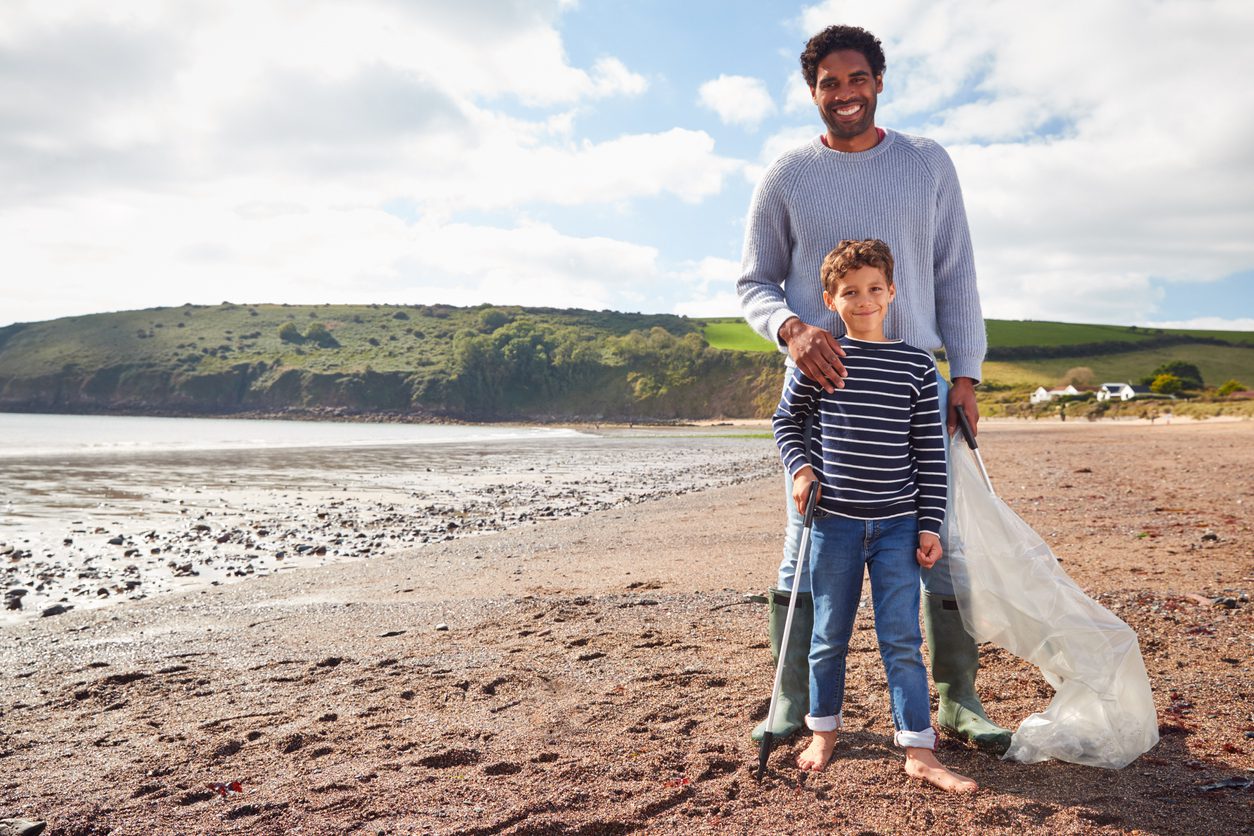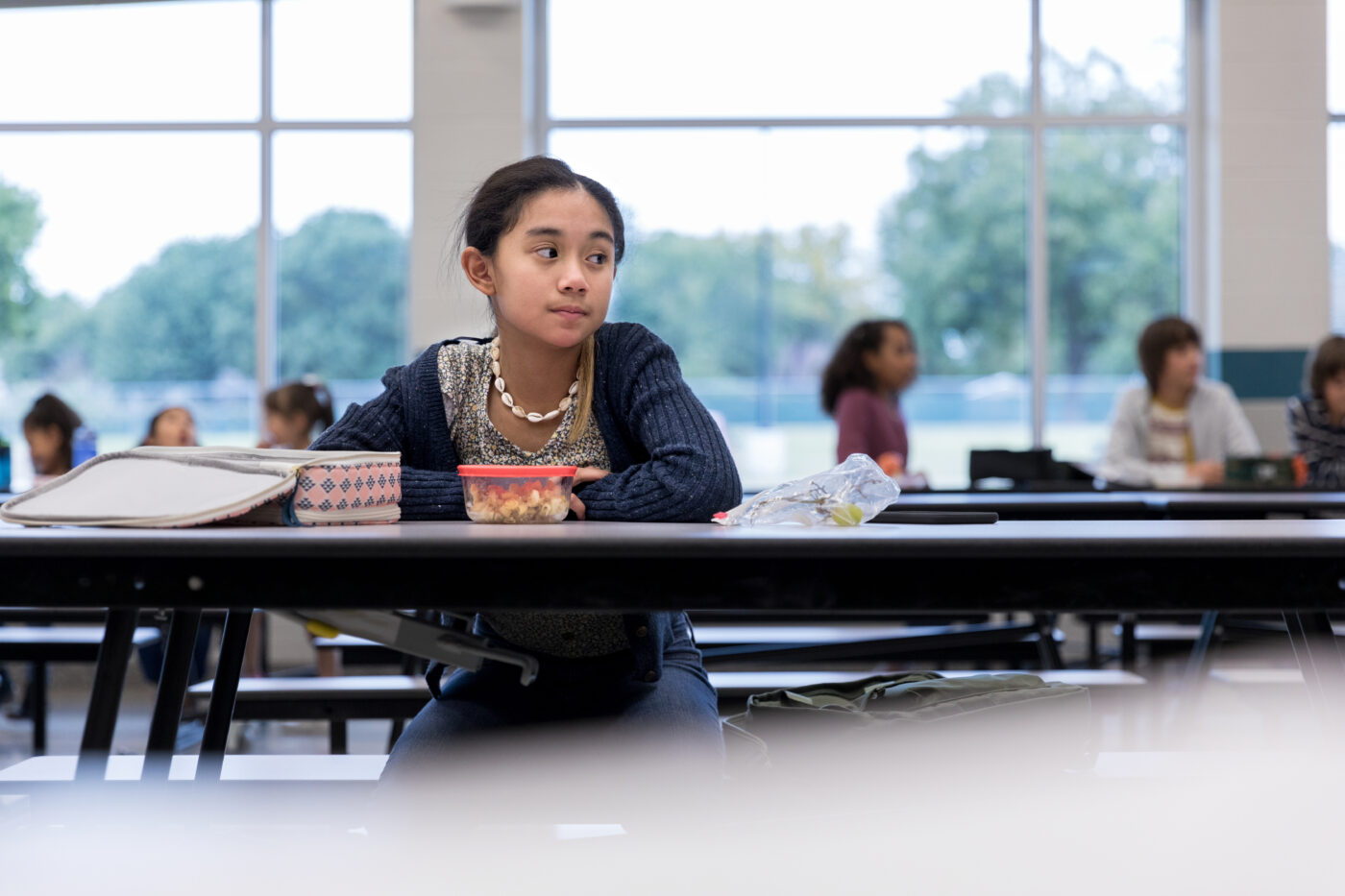My son likes to play Fortnite, a first-person shooter game. He often plays on teams with people and usually ends up frustrated. He’ll complain that his teammates won’t help him when he’s in trouble and some have even knocked him out of the game just because it amuses them—not exactly what you would look for in a teammate.
As we talked through his frustration, I asked him, “So when your teammates are inconsiderate, how does it make you feel? Do you want to play with them more or less?” His answer was quick: “Less. Way less.” Our kids need to learn to be considerate because it affects their relationships. No one wants to be with people who only think about themselves. But do we really know how to teach compassion to a child? Here are 3 ways we need to teach kids to think of others.
1. Show the what.
“Let each of you look not only to his own interests, but also to the interests of others.” -Philippians 2:4
It’s important that your kids see you being considerate to others. One of the best places to start is with being considerate to your kids by treating them with respect. Then show your care for other people. It’s one thing to explain others’ needs to your kids, but do your kids see you meeting those needs? In what ways do they see you being considerate? Modeling will go a long way in helping your kids think more about others. I have two friends who volunteer to help kids with special needs. They are modeling to their kids that it’s important to think of others. They are living out how to teach compassion to a child.
2. Say the why.
It’s important for us to help our kids see the needs of others around them. The next time you find out about a need, share it with your kids and explain why you want to help. My wife and I will often have married couples over to our home to visit and talk through issues. This is helpful to the couples. But it’s even more worthwhile to talk with our kids about why we do this. In knowing our why for thinking of others, I hope to help my kids see beyond their world and into other people’s lives.
3. Share the how.
Once you’ve shared the why and the what in serving others, don’t forget to share how to be considerate of others—by bringing your kids with you. From this, your kids will see the needs in front of them. They will experience the needs of people in their own way. The same couple I mentioned earlier that helps kids with special needs brings their own kids with them when they serve. Their kids not only see their parents being considerate, but they join them in caring for kids with special needs.
Imagine all the different people your kids will have loved and cared for all because they saw you being considerate of others. What a picture—not only to tell your kids to think of others but for your kids to know what they can do to help. My guess is the kid who has experienced the why, what, and how will be more considerate than the one who doesn’t have these experiences.
Sound off: Which one of these three things do you need the most help with and why?











Huddle up with your kids and ask, “Why do you think it’s important for us to think of others?”